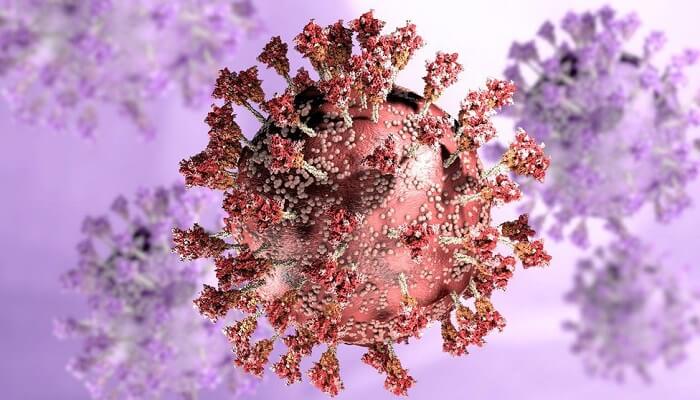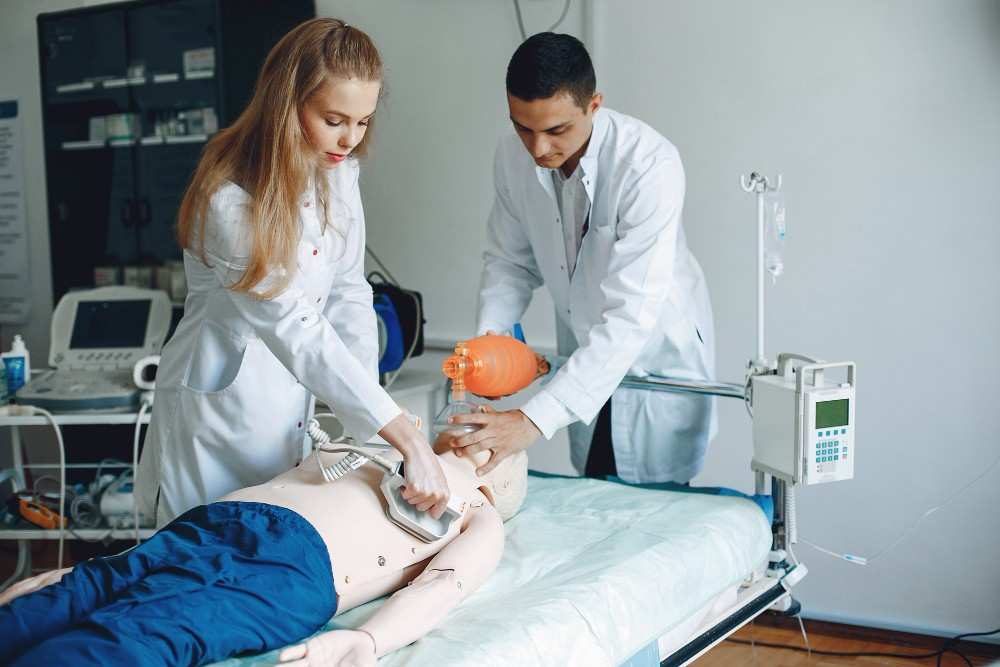In recent years, artificial intelligence (AI) has progressed from a futuristic dream to an emerging transformative power in healthcare. Artificial intelligence provides a strong foundation for the kind of faster, more innovative and more affordable medical care many AI-focused health-tech startups are attempting to create worldwide. Not only are these innovations benefiting big hospitals in metropolitan cities, but they have also gone down to the small clinics and communities in remote areas. The write-up explains the kind of health-tech startups that exist today — AI-driven, and how they are changing the healthcare landscape as we know it.
Faster and More Accurate Diagnosis
In the traditional approach, the diagnosis of diseases used to take days or even weeks. They also depended on manual work and tests for the lab, as well as physical examinations. Nowadays, AI can examine medical images, lab reports and patient histories in seconds.
For example, the AI algorithm can analyze if it is a late disease stage and scan X-rays/ MRIs or even retinal images for early signs of diseases such as cancer, diabetes or heart problems. In other words, this would allow patients to be treated more quickly and get a better prognosis. Highly advanced care is increasingly being provided even in remote areas, resulting from many startups developing cheap diagnostic tools that can be used with simple devices such as smartphones.
Personalised Treatment Plans
All patients are different, and so are their healthcare issues. AI will analyze a person's lifestyle, medical history and genetic material to propose optimal treatments for an individual.
An AI system can, for example, recommend the most appropriate diet plan or exercise and a suitable dose of medicine for an individual. Health-tech startups are working on apps and platforms where patients can get this kind of customized guidance quickly, without needing to see separate doctors over multiple visits. This approach leads to higher success rates of treatments and patients feeling more empowered.
Remote Patient Monitoring
Tracking patients after discharge, one of the hardest things in healthcare, is made easier with Wearable devices and mobile apps that monitor parameters such as heart rate, blood pressure and oxygen in real time using Artificial intelligence.
This setup detects any unusual event, and the patient and their doctor can be notified. This ongoing monitoring is performed to avoid emergencies and reduce the recurrence of hospital readmissions. In the case of elderly patients or the chronically ill, this can save lives.
Improved Health in More Remote Areas
It can take hours to days for people to reach a medical facility in many parts of the world. Telehealth platforms with AI capabilities will allow patients to contact a doctor from an online dial-in facility, submit their medical reports digitally and even receive a priority in spot prescription.
Many health-tech startups integrating AI chatbots and telemedicine are addressing routine health queries, first-aid guidance for the most critical issues, and connecting with specialists when necessary. Not only does this save time, but it also brings down the cost of healthcare for rural areas.
Relieving the Load for Doctors and Nurses
During such emergencies or pandemics, healthcare workers are generally overworked. You can use AI tools for any repetitive tasks, such as organizing medical records, scheduling appointments, or answering basic patient questions.
This frees doctors and nurses to deal with more important duties — diagnosing unusual cases, or performing complex surgeries, while AI takes care of the margins. This means patients receive attention more rapidly and the healthcare system works more efficiently.
Final Thoughts
These are not just new toys being added to healthcare; these AI-powered health-tech startups are changing the game. AI helps in everything — from speeding up diagnosis, to making care more personalised, remembering to monitor us, and even predicting outbreaks before they become outbreaks.
The promise of healthcare for all is made real by the continued advancement of technologies. Doctors and nurses are not alone in the future of medicine, but so are the algorithms they use to save lives.
-black.png)










